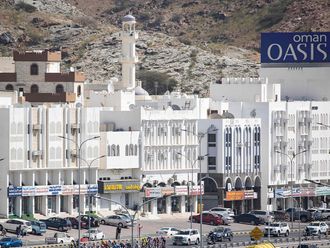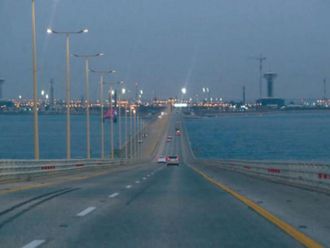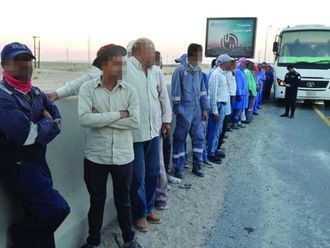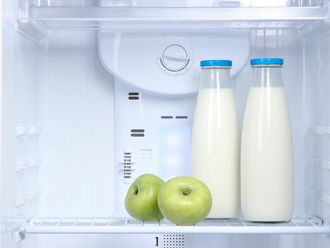Muscat: Oman’s Health Minister, Dr Ali Bin Mohammed Bin Moosa, told 84 elected Shura members that the country’s health services were under pressure and the ministry had plans to open more hospitals to cope with it.
Responding to the query by a member during his interaction with the Majlis Ashura members on Tuesday, the health minister agreed that there was a long waiting period for patients in some cases.
"The waiting problem is a reality because the health centres and clinics have to deal with more than 3,000 cases a day,” he told the elected house.
He added that some of the treatments were available only at a few centres.
“We have only one centre - the cardiology centre in Royal Hospital (in Muscat) - for open heart surgery,” he pointed out in reference for the long waiting list for cardiology related cases.
He revealed that the ministry had decided to set up another Royal Hospital.
“We hope to complete work on the new Royal Hospital within two years,” he added.
Moreover, he added, that the cardiology department at the Sultan Qaboos Hospital in Salalah would also be set up.
Responding to a query on extending timings of the local health centre clinics, the minister said the health clinics were providing only primary health services.
“There is no need for extending their (health centres) timings because there are other hospitals to deal with emergency situations,” Dr Ali added.
Doctors at the Consultant level are given permission to work with private clinics besides the government hospitals, a practice that was questioned by one of the members. Dr. Ali said that the permission given to doctors and consultants to work in the private sector was aimed at providing better health care in the private sector.
“There is a shortage of doctors and medical staff and it is an international phenomenon,” he stressed, adding that the WHO has declared five million vacancies of medical staff across the world.
He reiterated that the medicine prices in the country were on par with the other GCC countries.
“Seven per cent of the medicines in the Sultanate are purchased through domestic and international tenders, hence, their prices are moderate and equal to those of other GCC countries.”
The remaining 25 per cent of medicines, he added, were imported through approved suppliers and pharmacies.
“They have specific prices which are very close or similar to the prices in the other GCC countries.’’
He insisted that the Ministry of Health always encouraged national companies to produce medicine.
“There are two national companies that produce medicine and the ministry buys large quantities of medicine from them,” he said, adding that the ministry does not intervene in the import of medicines.










